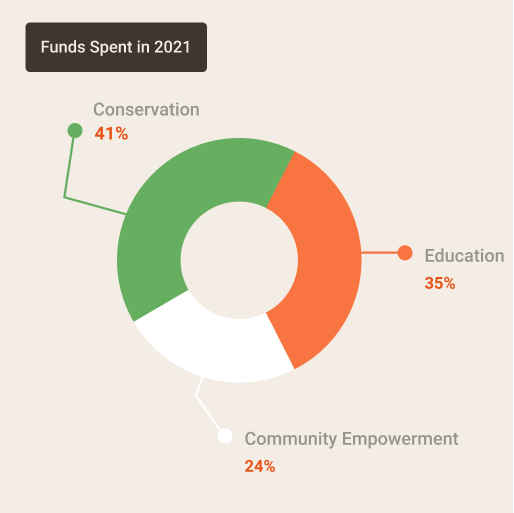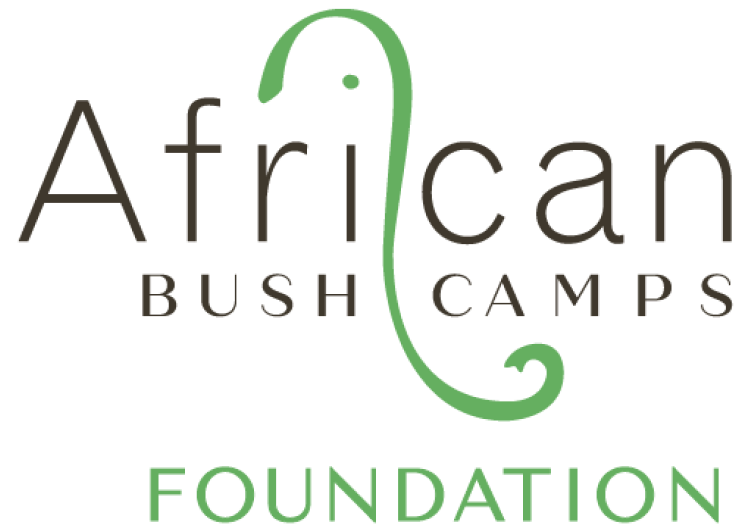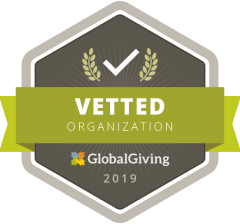African Bush Camps has a long-standing foundation, fondly known as African Bush Camps Foundation, which was founded in 2006. The foundation’s work is centered around creating opportunities that empower rural communities situated in vulnerable wildlife areas.
The African Bush Camps Foundation is committed to improve the livelihoods of communities surrounding our camps in Botswana, Zambia and Zimbabwe through Community Empowerment, Education and Conversation projects and initiatives.
We have multiple projects running that focus on addressing challenges that include unemployment, a lack of job opportunities, food scarcity, a lack of critical skills, poor education and health care infrastructure and resourcing, low school attendance and dropouts due to financial constraints, wildlife poaching and preserving natural resources.
SOME ABCF HIGHLIGHTS FROM 2021
MAMBANJE COMMUNITY GARDEN (COMMUNITY EMPOWERMENT)
Food security and access to healthy food and produce is a major challenge faced by communities surrounding our camps. The COVID pandemic has also had a massive impact on underdeveloped countries in Africa as the poor and most vulnerable face additional struggles as they seek to access employment opportunities. What started as a feeding scheme for learners at the Mabanjane School to increase school attendance by providing nutritional meals to learners, has grown into a feeding project that supports families in the surrounding community. The Mambanje community garden is one of the many African Bush Camps projects that aim to empower local communities with the skills and resources that they need to enable them to feed and take care of their families.
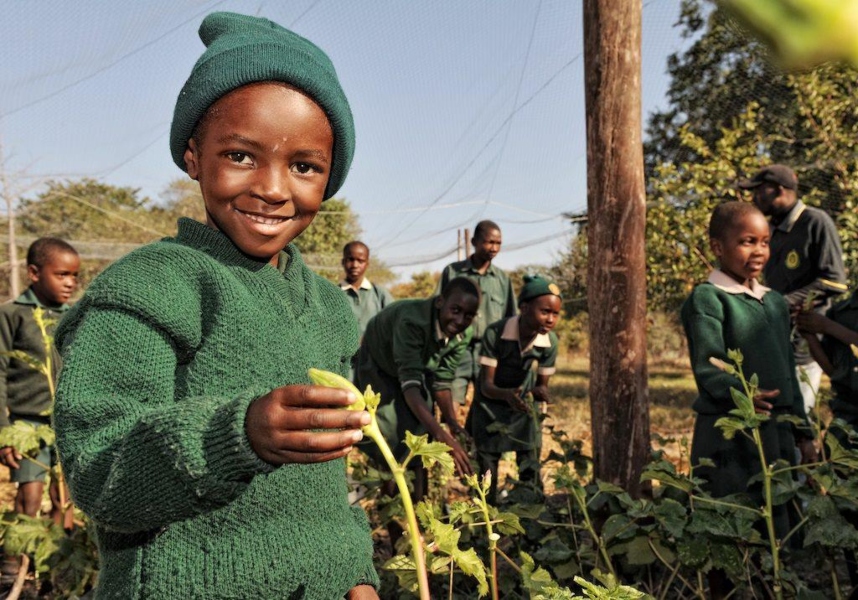
This garden can cater to up to 45 families and aims to educate the community on how to grow a sizeable vegetable garden that will provide a source of healthy food, as well as improve the livelihood of the community through the opportunity to trade the produce grown.
Our focus this year was on regular maintenance of the irrigation and infrastructure systems as well as providing ongoing education on gardening and irrigation methods to the community.
FEMALE GUIDES PROJECT (EDUCATION)
Women from the Khwai, Chobe Enclave, and Makgadikgadi communities in Botswana do not have access to the same career opportunities as safari guides, compared to their male counterparts. This career is still largely a male-dominated one, with little active investment, training, or skills development in female guides that would empower them to pursue their dreams and provide for their families. Linked to this dynamic, there is also a scarcity of job opportunities currently available for female guides in camps in the area.
In November 2021, we launched a female safari guide project that is targeted at creating job opportunities for local women as safari guides. This project aims to develop female safari guides through skills training, mentorship, job shadowing, and rotations at African Bush Camps.

We received an overwhelming response with 249 women in the local community indicating that they were interested in being part of this project. We launched our first cohort with five women in November 2021, who will participate in a yearlong training and internship program. The women are currently undergoing practical and theoretical training and will commence with on-the-job training and rotations in January 2022. The community’s eagerness to get involved is a clear indication of the appetite and demand that exist, highlighting the need for more resources, funding, and partnerships within this sphere.
Through this project, we are actively contributing towards addressing gender inequality in the safari guide’s sector by creating access and opportunity for women who are interested in pursuing a career in this field. Our goal is to develop 25 female guides in this community by 2025. We have great expectations for this project, hoping that it will be a catalyst for other safari companies in the area to invest in female talent, opening doors for more female guides to access work opportunities in various regions in Africa.
COVID 19 RESPONSE PROJECTS (COMMUNITY EMPOWERMENT & EDUCATION)
Poor and rural communities surrounding our camps have been hard hit by the COVID pandemic, especially in trying to source and acquire critical personal protective equipment and resources to keep them safe from the virus. Our COVID-19 response project provided personal protective equipment in the form of tippy taps and face masks, as well as resources to help protect livelihoods and increase food security in the community by providing them with meals and livestock.
We also identified a school, Main Camp Primary School in Hwange, Zimbabwe, that had poor sanitation and ablution facilities. The lack of sanitation increased the risk of the learners and their families being exposed to and contracting COVID-19 at school, which is connected to 170 households in the community. We built ablution blocks in the school to address the sanitation needs and to increase the safety and protection measures at the school.
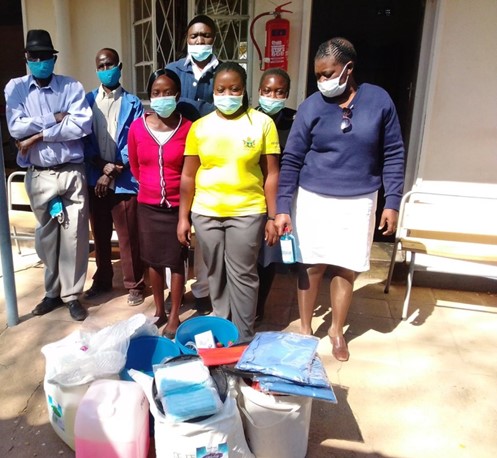
Covid-19 has been a steep learning curve for us all, as we continue to navigate this new normal. It has however inspired creativity, collaboration, and innovation. Our long-standing relationship with the Thandani’s Women Sewing project who sewed face masks, as well as the community offering a helping hand in our relief efforts, allowed us to work together to help communities. The coming together of the Foundation and the community bears witness to the progress we are making in this region to inspire ownership and collective responsibility for the needs of others.
We are actively assessing the ongoing impact of COVID, travel restrictions, and the impact felt on the tourism sector due to the pandemic and exploring new ways in which we can continue to provide support to communities surrounding our camps in Zimbabwe, Zambia, and Botswana.
MAUNGA CLINIC & SCHOOL (COMMUNITY EMPOWERMENT & EDUCATION)
Our ongoing active investment into infrastructure development and resourcing in local clinics such as the Maunga Clinic in Zambia, provides the platform and access to intentionally contribute towards the quality and standard of the health care that is available to our communities. Our commitment towards this facility has been an upgrade to the solar system, provision of a borehole, running water, and ablution facilities. In 2021, we completed the installation of the solar system and borehole. The community now has access to running water and the ablution facilities are fully installed. In addition, we have provided a fridge and sterilization equipment for the clinic.
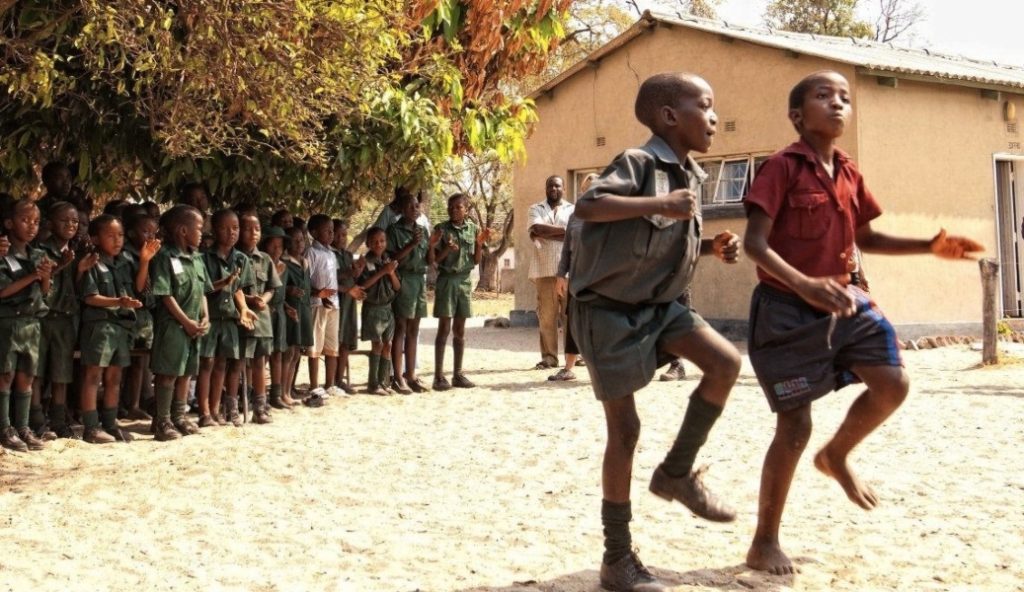
We are currently also supporting 3 vulnerable and orphaned learners in Grade 7 and 9 from the Maunga Primary School through our Scholarship Program, ensuring these learners who cannot afford to pay their tuition fees can still access quality education and schooling.
FOR MORE INFORMATION ON OUR FOUNDATION PROJECTS VISIT THE AFRICAN BUSH CAMPS FOUNDATION WEBSITE
RANGER PROGRAM MANA (CONSERVATION-RANGER PROGRAM)
Zimbabwe’s Mana Pools National Park is one of southern Africa’s most remote and idyllic wildlife destinations. Unfortunately, being so remote and secluded makes it an attractive target for wildlife poachers who prey on the once abundant, charismatic African wildlife.
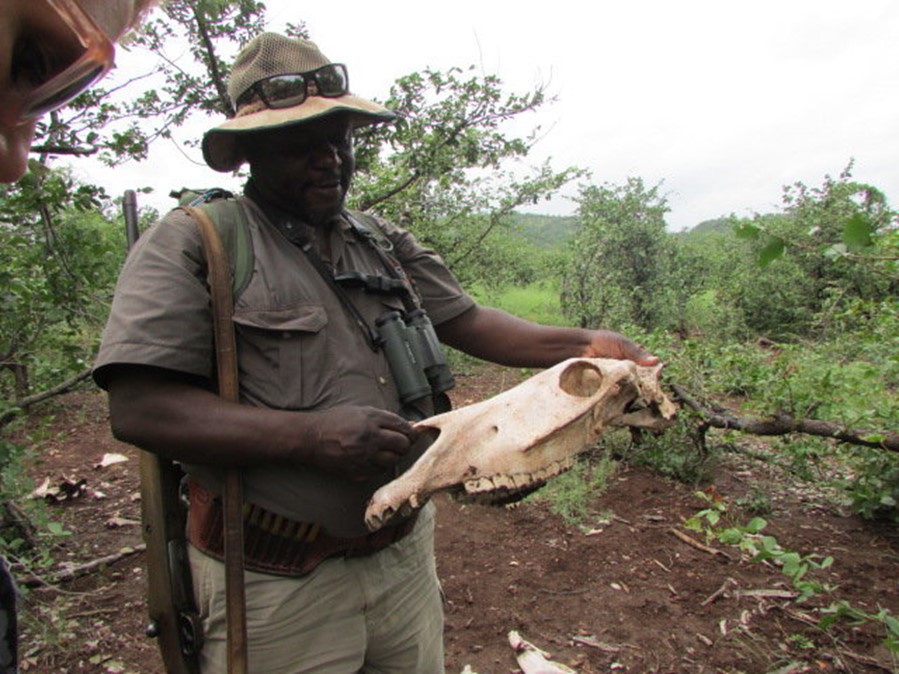
As part of our ongoing commitment to putting an end to wildlife poaching, this year we built an additional anti-poaching unit which will give the National Parks additional much needed capacity. We also launched a Ranger Protein Supplement program as part of our support to 80 Rangers and their families who live and co-exist alongside the wildlife that they protect whilst putting their lives at risk. We have seen a significant reduction in animal poaching through these measures implemented by our wildlife co-existence projects over the past few years.
FUNDS SPENT ON AFRICAN BUSH CAMPS FOUNDATION PROJECTS IN 2021
